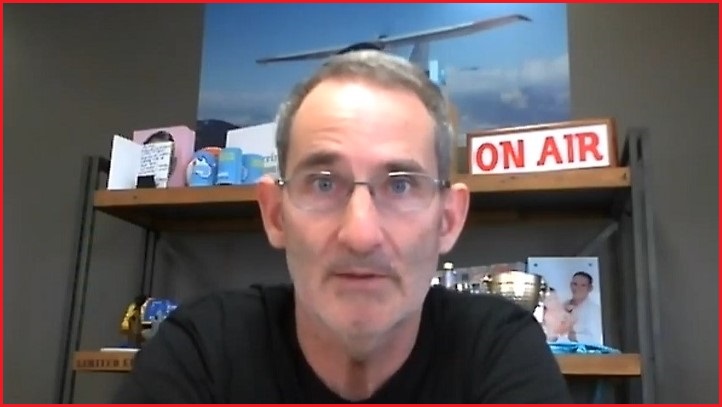Startup founders need to be up-front and honest to employees and investors about how their company is faring throughout the COVID-19 pandemic in order to survive, according to high-profile tech investor Steve Baxter.
Baxter, who is the founder of River City Labs – which was acquired by ACS in 2018 – and Transition Level Investments, said that while it may be difficult for founders to tell others of their struggles during these difficult times, financial or otherwise, they won’t get any help if they don’t ask.
“Communication is important – take it in your stride and seek help,” Baxter told TEN13.
“With staff, it’s all about communication. Things might be going wrong but staff are also confused and that’s unhelpful.
“We’ve got smart people in this country and in your company. The more you share the more they can help.”
This also applies to a startup’s investors, who Baxter said would rather know if one of their portfolio companies were struggling and then be able to offer assistance.
“What none of us like is when the people we invest in stop talking to us until they need more money,” he said.
“They treat us like an ATM – that’s rude. We have expertise and we invest in you because we think we can bring more than money.
“Bad news hidden never gets any better, we just can’t help you.”
It’s crucial that startup founders realise that they’re not going through these difficult times alone, Baxter said.
“I’ve been there with the dark stuff, when things go bad,” he said. “It’s bad, but you get through it, the sun comes up tomorrow. You’re not Robinson Crusoe.”
Baxter has weathered tech companies through other crises, including 2008’s global financial crisis.
He said it is difficult times like these when startup founders need to act more like traditional business CEOs.
“We have to go from being founders to running a business – the boring, grinding part of keeping something alive,” he said. “Look at all your costs, look at all your contracts, everything you can to make it out the other side of this and power through.”
Now is the time to be cutting costs as much as possible, he said, and this unfortunately may include making the startup team more flexible.
“The downside is the way you control the cost is with people, and looking at how to make your workforce more flexible during these times,” Baxter said.
“The impolite version is you need to look at what levers you have with how to reduce the size of your workforce.”
The COVID-19 crisis could also provide a chance for founders to re-evaluate their operations and ensure they are more sustainable, he said.
“At the end of the day, you’re going to have to be a profitable business, at some point in your near future," Baxter said.
“You need to get to the end of this. This will be anywhere from three weeks to six months, to the calendar year.
“Analyse your runway, take a look at that. If you’re not a profitable business you might need to have a good hard look at what you’re doing.”
And these hard times will always come to an end at some point, Baxter emphasised.
“The sun will always come up tomorrow,” he said. “When the walls are falling in around you, the sun will come up tomorrow.
“The bad times are one bookend and the good times are the other bookend. You need them both.”










